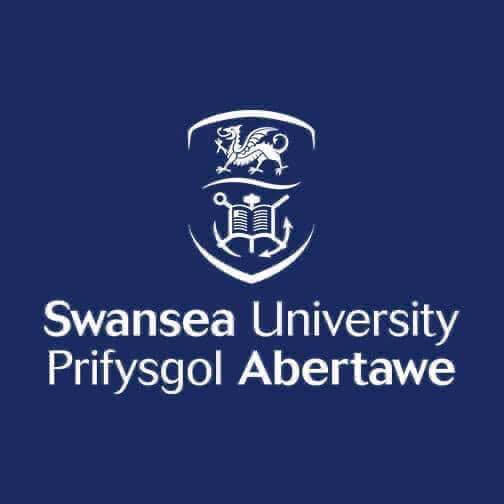fees waived
Biomedical Engineering, BEng (Hons), with study abroad
Swansea University, United Kingdom
Subject ranking
UK / Guardian 2025 12th
UK / CUG 2026 14th
UK / Times 2025 18th
Costs
food & rentS$17.2K / year
Entry requirements
Scholarships
Limited quantity
Limited quantity
Limited quantity
Information
Code
Code
Intakes
Website (External)
Programmes
Information
Duration
2029
Biomedical Engineering applies engineering principles to medical applications, combining disciplines to develop innovative healthcare technologies. The program focuses on three key themes: biomechanics and materials for biocompatible designs, instrumentation for advanced diagnostics and therapies, and bioprocesses involving human physiological mechanisms. Students gain skills in engineering, anatomy, and communication, preparing for careers in medical device design and manufacturing, with opportunities to pursue Chartered Engineer status.Facilities include tools for testing medical devices, biomechanical modeling, and pharmaceutical processes, supported by research at Swansea University's Engineering Department and the Centre for NanoHealth. The course is accredited by the Institution of Mechanical Engineers and the Institute of Physics and Engineering in Medicine, meeting requirements for incorporated engineer registration. Options for a year in industry or abroad enhance employability, with modules covering topics like chemical engineering science, human physiology, and tissue engineering.
Year 1 Areas studied typically include:
- Chemical Engineering Science
- Circuit Analysis
- Fluid Mechanics
- Human Anatomy for Medical Engineers
- Human Physiology
- Strength of Materials
- Cell Biology and Cell Mechanics for Engineers
- Fluid Flow
- Heat Transfer
- Instrumental and Analytical Chemistry
- Selected Medical Diagnostic Techniques
- Statistical Methods in Engineering
- Biomedical Flows in Physiology and Medical Devices
- Computer Aided Product Design
- Implant and Prosthetic Technologies
A local representative of Swansea University in Singapore is available online to assist you with enquiries about this course.

